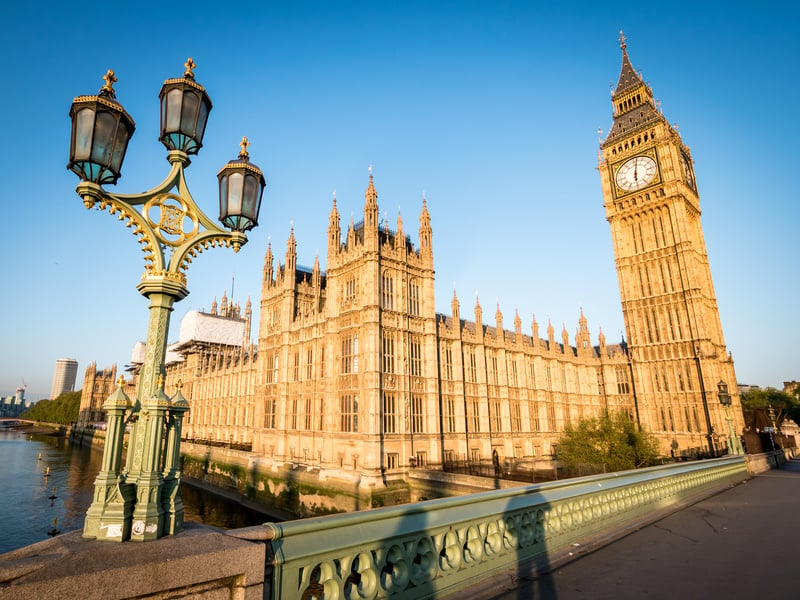On 14 July 2021, the European Commission adopted a proposal for a new Carbon Border Adjustment Mechanism, which will require importers to report the embedded emissions in certain carbon-intensive products and buy certificates to account for these emissions.
On 12 July the European Commission and the European External Actions Service (EEAS) published guidance on “due diligence for EU businesses to address the risk of forced labour in their operations and supply chains”. The non-binding guidance seeks to provide European companies with practical advice on the implementation of effective human rights due diligence practices to address forced labour risks in their supply chains.
On 12 July, the European Commission and the European External Actions Service published guidance on “due diligence for EU businesses to address the risk of forced labor in their operations and supply chains.” The non-binding guidance seeks to provide European companies with practical advice on the implementation of effective human rights due diligence practices to address forced labor risks in their supply chains.
In recent years, companies worldwide, including those belonging to the Technology, Media & Telecoms industry, have placed increased importance on ESGs and have shifted their initiatives and operations accordingly. In this episode of TMT Talk, Adrian Lawrence leads our panel of experts in a discussion about aspects of ESG that are relevant to supply chains. Aleesha Fowler, Doug Sanders, and Graham Stuart offer their insights on relevant developments, possible risks, and challenges that TMT companies with global supply chains need to know and consider.
On 1 July 2021, the majority of the provisions in the UK’s Ecodesign for Energy-Related Products and Energy Information Regulations 2021 came into force ensuring the UK’s Ecodesign regime remains aligned to the EU’s regime post-Brexit. It introduces tighter rules for how much energy white goods, such as washing machines, can use and sets out new ‘right to repair’ rules which impose a legal obligation on manufacturers to make spare parts and repair and maintenance information for particular appliances available in order to facilitate repairs. Manufacturers will have to incorporate ‘reparability’ into their designs and processes to ensure compliance with the new rules.
On 12 July the European Commission and the European External Actions Service (EEAS) published guidance on “due diligence for EU businesses to address the risk of forced labour in their operations and supply chains”. The non-binding guidance seeks to provide European companies with practical advice on the implementation of effective human rights due diligence practices to address forced labour risks in their supply chains. It also provides an overview of international standards and principles on responsible business conduct and due diligence relevant to combatting forced labour, including the OECD Due Diligence Guidance For Responsible Business Conduct (the OECD Guidelines), the UN Guiding Principles on Business and Human Rights (UNGPs) and the International Labour Organisation (ILO) fundamental conventions.
The UK government has recently published further information about its proposed Plastic Packaging Tax that will apply to plastic packaging containing less than 30% recycled plastic content from 1 April 2022. This latest information is intended to help businesses prepare while the relevant primary legislation, the Finance Bill 2021, is considered by Parliament. Companies who manufacture in, or import into, the UK 10 or more tonnes of plastic packaging over a 12-month period will need to register and account for the tax at the rate of GBP 200 per metric tonne of packaging containing less than 30% recycled content. Record-keeping requirements will still apply even if the 10-tonne threshold is not met.
The UK government has recently published further information about its proposed Plastic Packaging Tax that will apply to plastic packaging containing less than 30% recycled plastic content from 1 April 2022. This latest information is intended to help businesses prepare while the relevant primary legislation, the Finance Bill 2021, is considered by Parliament.
Our 18th Annual Global Trade and Supply Chain Webinar Series entitled, “International Trade & Developments in a World Focused on Recovery & Renewal,” includes the latest international trade developments including updates on trade wars, trade agreement negotiations and key customs, export controls, sanctions developments, and foreign investment review regimes around the worlds.
Our 18th Annual Global Trade and Supply Chain Webinar Series entitled, “International Trade & Developments in a World Focused on Recovery & Renewal,” includes the latest international trade developments including updates on trade wars, trade agreement negotiations and key customs, export controls and sanctions developments. In addition to our usual…








